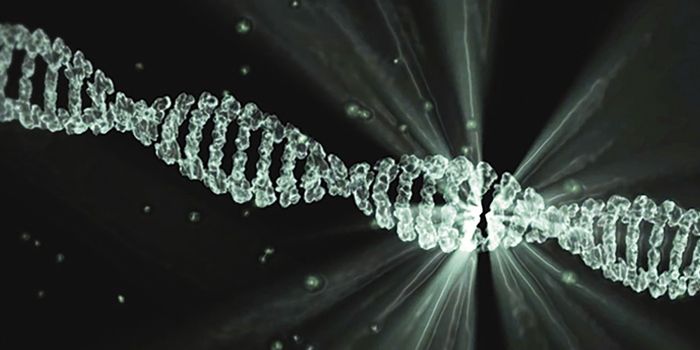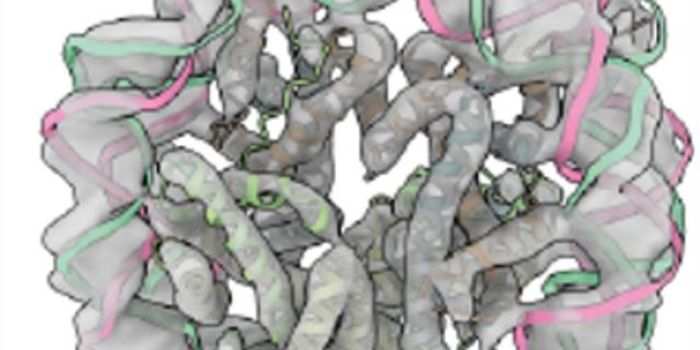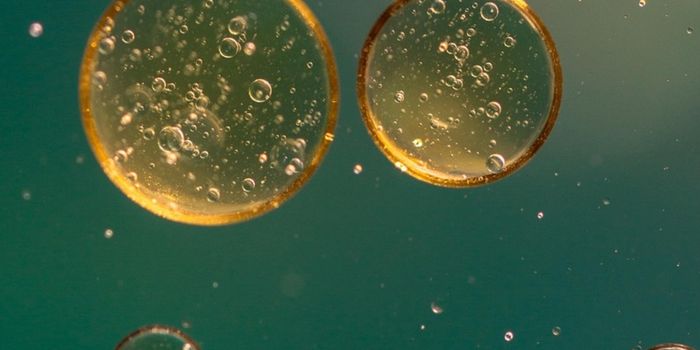Past Microbiota Diet Impacts Efficacy of Diet Alterations
Deep in our gastrointestinal tract, a community of microbes lives in symbiosis with our bodies. That community, called the gut microbiome, has been the subject of much research since the genetic tools were developed to investigate the many species of bacteria that reside in our guts, with research showing that they don’t only help us digest food; they also have an important influence on our health and well-being. New research published in Cell Host & Microbe and performed in mice may shed light on why major changes in diet don’t always result in fast results. The researchers switched mice from an unrestricted, Western-style diet to a restricted, healthy and plant-based diet, and saw that the mice did not react immediately to their new diet. The investigators learned that some types of gut bacteria must be lost before benefits can be conferred.
"If we are to prescribe a diet to improve someone's health, it's important that we understand what microbes help control those beneficial effects," explained the senior author of the study, Jeffrey Gordon, Director of the Center for Genome Sciences and Systems Biology at Washington University in St. Louis. "And we've found a way to mine the gut microbial communities of different humans to identify the organisms that help promote the effects of a particular diet in ways that might be beneficial."
Gordon’s team began their work in humans. They took fecal samples from people who had a plant-rich and calorie-restricted diet, and compared them to samples taken from people who ate a common, unrestricted American diet rich in fats and sugars. It was learned that those who followed the plant diet had more diversity in their microbial population.
So-called germ-free mice, without their own bacteria, were then colonized with the various human samples, and fed the diet of the donor, or the alternative. The scientists saw that while both groups responded to alterations in their diets, mice inoculated with the American diet microbiota did not respond as robustly to the plant-based diet.
The researchers then aimed to find out which microbes could improve the response of the American diet-treated mice to the new diet. Mice were housed together for long periods of time (and often, cage-mates will consume each others’ feces, so the various microbiota gets spread around the colony). When American diet-treated mice were placed with mice that had received the plant-diet microbiota inoculation, microbes from the plant-diet worked their way into the other group, thereby improving the ability of those mice to respond to a new diet.
"We need to think of our gut microbial communities not as isolated islands but as parts of an archipelago where bacteria can move from island to island. We call this archipelago a metacommunity," says first author Nicholas Griffin, an instructor at WUSTL. "Many of these bacteria that migrated into the American diet-conditioned microbiota were initially absent in many people consuming this non-restricted diet."
More research is of course required before these findings could be applied to humans with gastrointestinal distress, but the research is encouraging.
"We have an increasing appreciation for how nutritional value and the effects of diets are impacted by a consumer's microbiota," says Gordon. "We hope that microbes identified using approaches such as those described in this study may one day be used as next-generation probiotics. Our microbes provide another way of underscoring how we humans are connected we are to one another as members of a larger community."
The video above features a 2015 interview with Dr. Gordon.
Sources: AAAS/Eurekalert! via Cell Press, Cell Host & Microbe









